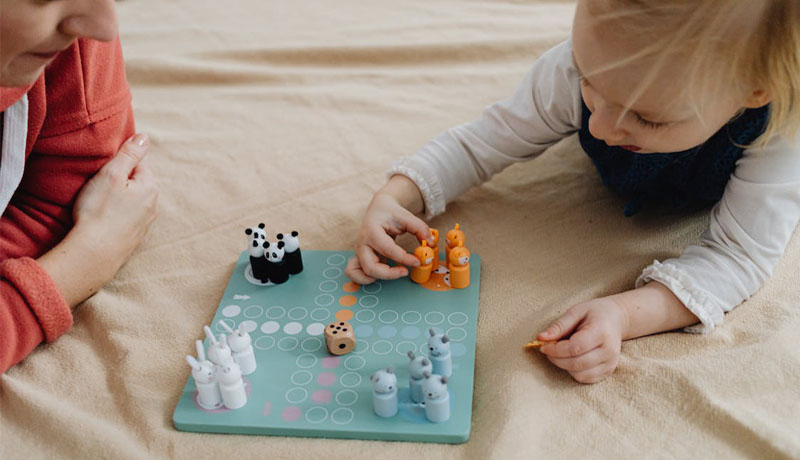
In the bustling world of children’s entertainment, few games hold the timeless charm and simplicity of Ludo. A board game that transcends generations, Ludo has found its way into countless households, playgrounds, and digital screens. But amidst its popularity, a question often lingers in the minds of parents and educators alike: Is Ludo truly good for children to play? Let’s embark on a journey through the colorful squares of Ludo to uncover its educational merits and potential pitfalls.
The Case for Ludo
At its core, Ludo is more than just a game of chance; it’s a playground for essential skills development. Here are some compelling reasons why Ludo can be beneficial for children:
- Social Interaction: Ludo thrives on interaction, fostering valuable social skills such as communication, cooperation, and sportsmanship. Whether it’s strategizing with teammates or gracefully accepting defeat, children learn to navigate the nuances of human interaction in a fun and supportive environment.
- Critical Thinking: Beneath the surface simplicity lies a game of strategy. Children must weigh their options, plan their moves, and adapt to changing circumstances—a mental exercise that sharpens their critical thinking and decision-making abilities.
- Numeracy Skills: Counting pips, calculating distances, and strategizing moves—all contribute to enhancing children’s numeracy skills. Ludo provides a playful context for practicing basic arithmetic and spatial reasoning, laying a solid foundation for mathematical proficiency.
- Patience and Resilience: In a world of instant gratification, Ludo teaches children the virtues of patience and resilience. Waiting for the right moment to strike and bouncing back from setbacks are invaluable life lessons that Ludo imparts through gameplay.
The Ludo Dilemma
However, like any form of entertainment, Ludo is not without its caveats. Here are some considerations that warrant attention:
- Screen Time Concerns: In its digital avatar, Ludo can become a double-edged sword. While online platforms offer convenience and accessibility, excessive screen time poses risks to children’s physical health, mental well-being, and overall development. Striking a balance between digital and physical play is crucial in harnessing the benefits of Ludo without succumbing to its pitfalls.
- Overemphasis on Winning: In the pursuit of victory, children may lose sight of the journey itself. The competitive nature of Ludo can inadvertently reinforce a win-at-all-costs mentality, overshadowing the importance of sportsmanship and camaraderie. Educators and parents play a pivotal role in promoting a healthy attitude towards success and failure, emphasizing the value of participation and personal growth.
- Limited Cognitive Stimulation: While Ludo offers opportunities for skill development, its repetitive gameplay may lack the depth and complexity needed to challenge children’s cognitive abilities over the long term. Supplementing Ludo with a diverse array of educational activities can ensure a well-rounded cognitive diet for growing minds.
Conclusion
In the grand tapestry of childhood play, Ludo emerges as a colorful thread that weaves together entertainment and education. Its blend of social interaction, strategic thinking, and numerical prowess makes it a valuable addition to children’s play repertoire. However, like any tool, its efficacy depends on how it is wielded. By fostering a balanced approach that prioritizes holistic development over mere recreation, parents and educators can harness the transformative potential of Ludo in shaping the minds of tomorrow. So, is Ludo good for children to play? The answer, much like the game itself, lies in the journey of discovery and growth it offers to young adventurers.





